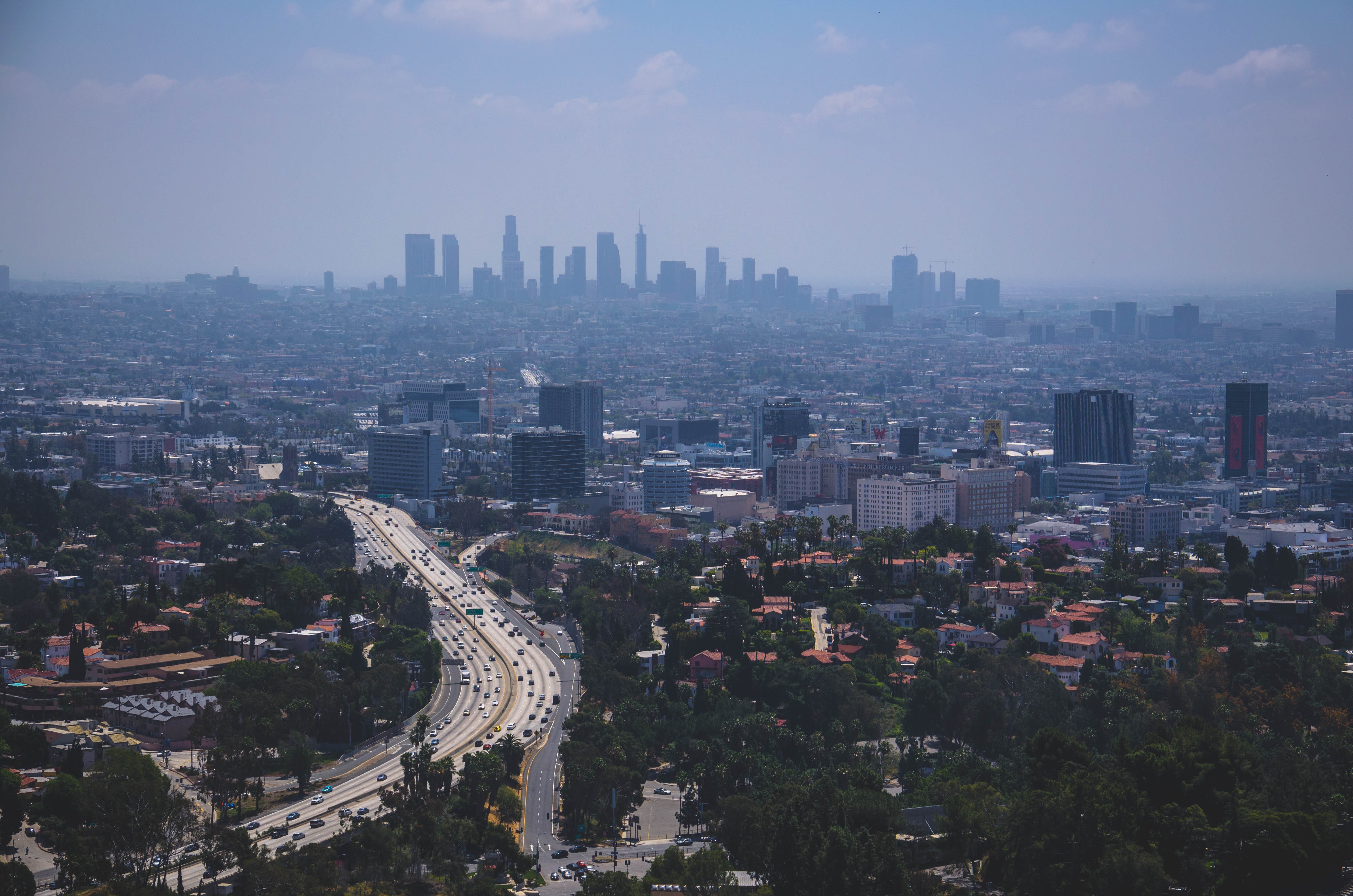
When describing individuals who partake in the writing and development of rap music, those on the outside may be inclined at first to refer to this individual as a “rapper.” Rapper is a word that carries with it connotations associated with general negativity, mischief and irresponsibility. Today’s “rappers” are business owners, stockholders and CEOs; titles that usually have absolutely no correlation with the term of “rapper.” No “rapper” to date exhibited this concept of duality more than Los Angeles recording artist, Ermias “Nipsey Hussle” Asghedom. Hussle, who was recently gunned down in front of his LA storefront, he was only 33. This tragedy has left the hip-hop world in a state of grief and shock as Hussle represented one who makes it out and does it the right way. Many were left with one simple question, “How could this happen?” Despite a hopeless sense of sadness, the hip-hop community has come together to celebrate the feats and accomplishments this man of honor made during his time here. He left behind a larger-than-life legacy in which he proved again and again that he was more than just a “rapper.”
Nipsey Hussle was a brilliant entrepreneur, philanthropist and community leader, as well as a steadfast friend, devoted husband and loving father. He was the perfect example of the famous Descartes quote: “I think, therefore, I am.” Whatever Hussle decided he was going to do, he achieved plus much more. He was introduced to the world via Epic Records, but his career was put of hold due to the fact he couldn’t produce a “hit” in the eyes of his label. He then not only reinvented himself but essentially shaped a new pathway to independent music success. In an era of rapidly declining music sales and before the epidemic of streaming, Hussle took a profound risk by offering his 2013 mixtape “Crenshaw” for the price of $100 a copy at a pop-up shop with only 1,000 copies available. Hussle wanted to reaffirm music’s worth as art in a society that ships artists and songs like an assembly line. If paintings could go for tens of millions on the auction block, why couldn’t a limited-edition mixtape be meaningful piece of art to his die-hard fanbase? His constant innovation and fearlessness of breaking a traditional mold will live on forever as many artists have studied his technique. As he said at the time: “It isn’t the price of the plastic case and polyurethane disc…it’s the price of Revolution! The price of rebellion against an industry that has tricked us all into making products that have no soul for fear of not being heard if we don’t.” With his newfound success he could have easily deserted the community that raised him but instead he single-mindedly focused on rebuilding Crenshaw. He bought a neighborhood burger restaurant, a fish market and a barbershop. He donated shoes to every student at 59th Street Elementary School and financed improvements on their playground and basketball courts. He employed countless residents and paid for funeral arrangements for the fallen. His dedication to his community was unmatched and typically unheard of in recent years of the hip-hop community. Two months ahead of his death, he closed escrow on the shopping plaza that housed his Marathon storefront and had plans to build a 100-unit residential building on the property. Nipsey Hussle’s legacy is one defined of many topics as he wore many hats. His impact on the hip-hop community, as well as his own, will never be forgotten. Hussle showed us that societal and cultural limitations mean nothing as long as aspiring artists remember that they are indeed not just “rappers.”
